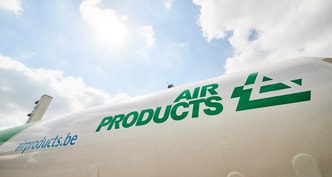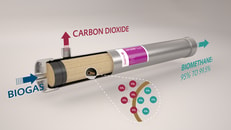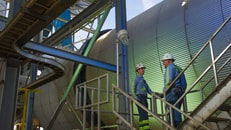New shipping deal aims to decarbonise maritime industry with biofuels
The Global Centre for Maritime Decarbonisation (GCMD) has signed a five-year Impact Partnership agreement with the MSC Mediterranean Shipping Company (MSC) which aims to help decarbonise the maritime sector.
The world’s largest shipping line, MSC actively advocates for the availability of supply of a range of alternative bunker fuels and has been an early adopter of responsibly sourced blended biofuels.
Having set a deadline to reach Net Zero carbon emissions by 2050, MSC established its MSC Biofuel Solution – a carbon insetting programme that delivers carbon dioxide (CO2) savings achieved within the shipping value chain.
According to MSC, when customers choose the Biofuel Solution, the company purchases biofuel to
... to continue reading you must be subscribed
























